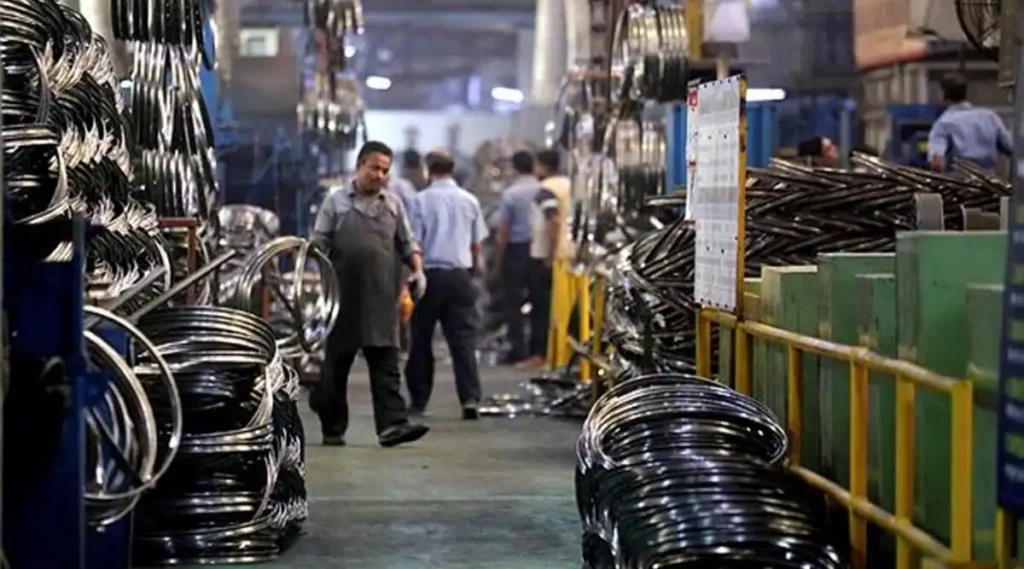
Amid rapidly changing global trade and economic uncertainties, the Ministry of Micro, Small and Medium Enterprises (MSME) has urged the industry to play a proactive role in shaping policies to strengthen MSME resilience. Speaking at a recent industry interaction, the Joint Secretary of the MSME Ministry stressed that collaboration between policymakers and industry stakeholders is critical in navigating disruptions such as supply chain shocks, digital transformation, and evolving consumer behavior.
The official highlighted that MSMEs contribute nearly 30% to India’s GDP and 45% to exports, making them the backbone of the economy. However, the sector faces persistent challenges such as access to credit, delayed payments, limited adoption of advanced technologies, and compliance with evolving regulatory frameworks. With global disruptions—from geopolitical tensions to climate-related risks—affecting business continuity, building resilience is no longer optional but essential.
Industry associations were urged to provide structured feedback and recommend practical solutions on ease of doing business, regulatory flexibility, and skill development initiatives. The ministry has already undertaken steps such as cluster-based development programs, simplified credit facilitation, and digital empowerment schemes. However, the Joint Secretary emphasized that policy interventions become more effective when grounded in the realities and feedback shared by the business community.
Experts at the event further noted that resilience in the MSME sector also requires greater investment in digital tools, automation, and sustainable practices, as buyers worldwide increasingly demand compliance with environmental and social standards. By strengthening collaboration, India can position its MSMEs as globally competitive while also safeguarding employment for millions.
Key Highlights
- MSME Ministry calls for industry feedback to design effective resilience policies.
- MSMEs contribute 30% of GDP and 45% of exports, but face credit and tech adoption challenges.
- Collaboration seen as essential to tackle global disruptions and digital transitions.
- Industry urged to share solutions on ease of doing business, financing, and skill-building.
Who Should Take Action – Specific Advice
MSME owners should actively engage with local chambers, industry associations, and government consultations to voice operational challenges. Large enterprises sourcing from MSMEs should provide technology and training support to strengthen supply chains. Policymakers and financial institutions must prioritize credit access and delayed payment resolution mechanisms.
India Advocacy Insight
The call for industry participation underlines a shift towards co-creation of MSME policies, ensuring they are both practical and impactful. At India Advocacy, we believe that greater dialogue between government and entrepreneurs will not only build resilience but also accelerate India’s ambition of becoming a global hub for small business excellence.
![]()




